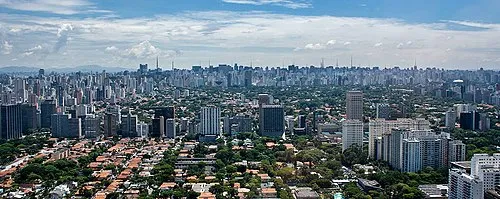
Celebrating Arbor Day in Cambodia: A Call to Action for Environmental Conservation
Arbor Day, a global event dedicated to planting and caring for trees, plays a vital role in promoting environmental awareness and sustainable practices. In Cambodia, Arbor Day is celebrated with enthusiasm, highlighting the importance of forests in supporting biodiversity, climate regulation, and community livelihoods.
The Significance of Arbor Day in Cambodia
Implemented in various forms across the globe, Arbor Day in Cambodia focuses on reforestation and the conservation of forests. Cambodia has witnessed significant deforestation due to logging, agricultural expansion, and development. As such, Arbor Day serves as a reminder of the country’s commitment to restoring its natural landscapes and addressing environmental issues.
History of Arbor Day in Cambodia
Arbor Day in Cambodia was officially recognized in the late 20th century, gaining traction as society increasingly recognized the negative impacts of deforestation. The event is often tied to broader environmental policies aimed at reducing carbon footprints and improving air quality.
Activities on Arbor Day
On Arbor Day, a variety of activities take place across the nation. Schools, community organizations, and government agencies participate in tree-planting campaigns. These initiatives not only beautify local environments but also educate participants about the importance of trees. Volunteers often engage in educational workshops emphasizing rainwater harvesting, sustainable agriculture, and biodiversity conservation.
Government and Community Involvement
The Cambodian government plays a pivotal role in Arbor Day celebrations. They have implemented policies to promote reforestation and combat illegal logging. Local communities are also encouraged to participate actively in tree-planting events, fostering a sense of ownership over their natural resources.
Benefits of Arbor Day
- Biodiversity Conservation: Trees provide habitat for countless species, thereby promoting biodiversity.
- Climate Regulation: Forests help regulate the climate by absorbing carbon dioxide and producing oxygen.
- Soil Preservation: Tree roots stabilize soil and reduce erosion, protecting waterways from sedimentation.
- Community Engagement: Arbor Day fosters teamwork and community spirit as individuals unite for a common goal.
Challenges and Future Directions
Despite the positive impact of Arbor Day, challenges remain. Deforestation continues to threaten Cambodia's ecosystems, driven by industrial pressures and inadequate enforcement of conservation laws. Moving forward, it is essential for individuals, NGOs, and the government to collaborate on creating sustainable practices that balance economic development and environmental conservation.
How You Can Get Involved
Every citizen can contribute to the success of Arbor Day in Cambodia. Here are a few ways you can participate:
- Volunteer: Join local tree-planting events and community clean-ups.
- Educate: Raise awareness about the importance of trees and sustainable practices within your community.
- Support Policies: Advocate for policies that protect forests and promote reforestation efforts.
- Plant Trees: Consider planting trees in your yard or community space to contribute to the green landscape.
Conclusion
Arbor Day in Cambodia is more than just a day to plant trees; it symbolizes a commitment to restoring the environment and protecting the planet for future generations. By uniting our efforts, we can ensure that our forests thrive and flourish, supporting both nature and our communities.






